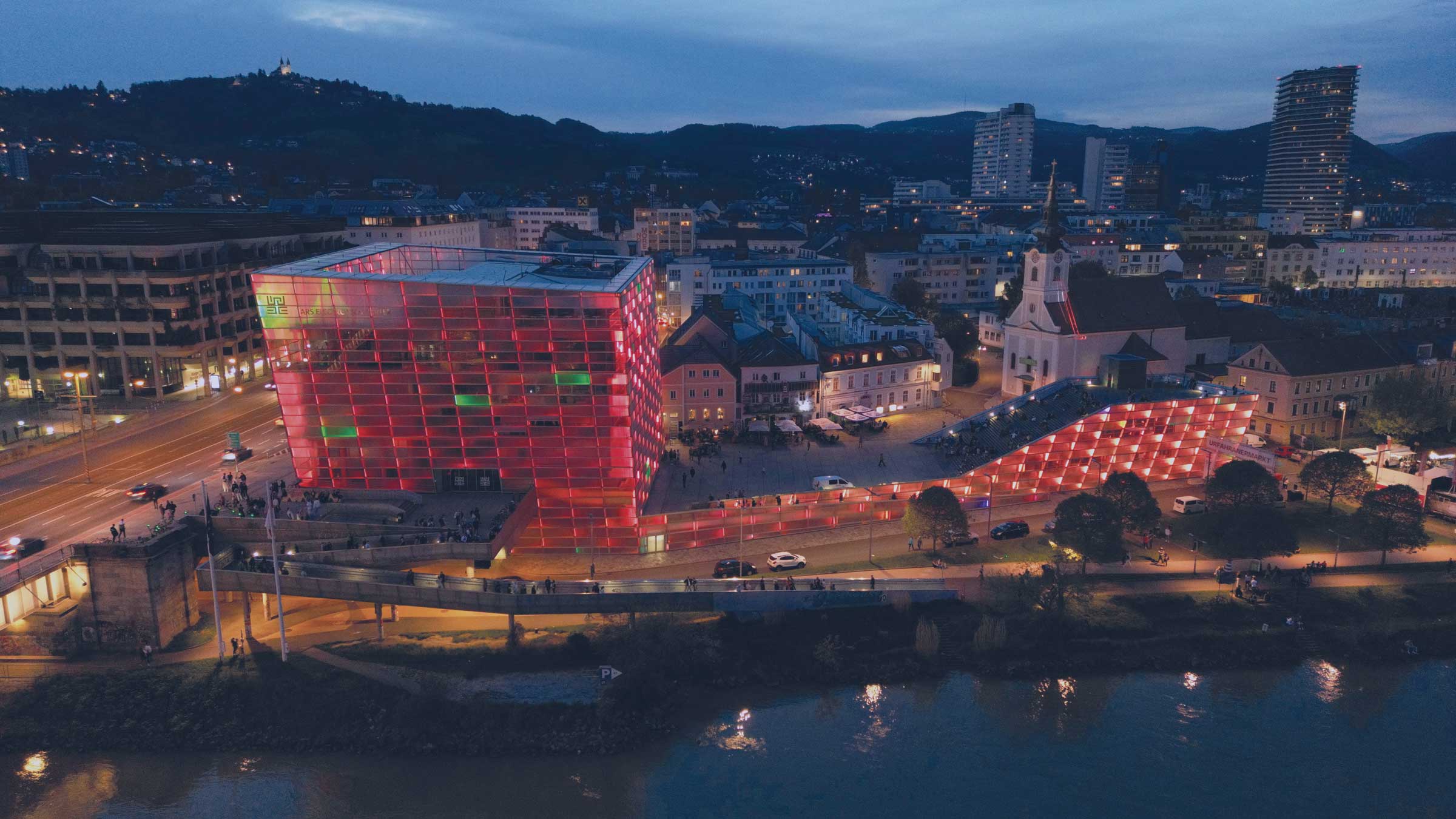
Linz
Austria
Over the years it has been a hub of great industry, from wool to world-famous steel, and it is now reinventing itself as a high-tech center of innovation and digitalization. It focuses on three foundational pillars: citizen-centered innovation, urban production, and the intersection of art, science and technology – with the goal of creating a climate-resilient and sustainable future. With this approach, the ecosystem is booming. In 2024, the European Capital of Innovation Awards awarded Linz second place in the category “European Rising Innovative City.” StartupBlink’s Global Startup Ecosystem Index 2025 ranked Linz as the second-strongest ecosystem in Austria, and it has been moving up the global ranks at high speed, climbing 42 places since 2024 with a growth rate of 45.4%.
A dynamic city of the future
The city’s major sectors, alongside manufacturing, steel, and chemical industries, are ICT, education, renewables and sustainability. Twenty-five of the top 100 Upper Austrian firms are based here, and the city collaborates with regional agencies such as Business Upper Austria, the state’s business and innovation agency, as well as research and innovation hubs.
A series of strategic programs guide the city’s long-term development, and the city provides citizens with transparent data on progress. The Zahlstadt 2025/2026 Key Figures Report covers areas such as sustainability, quality of life, and the economy, tracking startup trends in this city of workers (the city has a population of around 214,000 residents and a job market of 209,000 positions). Initiatives include the Innovation & Economic Program, coordinated by the Department for Economy, Innovation, Climate Protection and EU, which outlines policies and support measures to stimulate growth, attract investment and strengthen the innovation ecosystem; and Digital Linz, which aims to create a future-ready city for work and living through digitalization and impactful projects, in cooperation with citizens, researchers and businesses.
Innovation and Smart City initiatives
The city’s tech ecosystem is fueled by specialized hubs and communities. Highlighting the city’s commitment to citizen-centered innovation, Innovationshauptplatz Linz (innovation.linz.at) serves as a central hub for civic participation. Residents are encouraged to create their own city by proposing ideas via the online platform, and popular suggestions are then explored by the relevant departments, whether in education, environment, climate, culture or social issues, creating a shared, participatory process.
The Digital Mile, which stretches 1.8 km between Donaulände and Linz Harbour, is a community of around 110 digital companies and 3,500 tech professionals. It promotes personal relationships, charity and joint learning, with programs for youth STEM education, company partnerships, community events and shared services for work-life balance. This unique network has earned awards for innovative HR and collaborative projects.
The Tabakfabrik Linz, a heritage-listed industrial complex that was once a tobacco factory, is now a creative campus for around 250 organizations, including startups, tech labs, and social enterprises, offering around 3,000 jobs. The QUADRILL, a new 109-meter high tower on the site, will add office space for an additional 1,000 jobs on completion.
The LIT Open Innovation Center (OIC) at Johannes Kepler University is an innovation hub that fosters collaboration between researchers, entrepreneurs and businesses. Its 8,000 m² space houses the Linz Institute of Technology, offering entrepreneurs access to research labs and expertise for collaborative development of AI, robotic intelligence, future energy and sustainable transformation. The LIT Factory functions as a pilot plant for smart polymer processing, where students and researchers work with private-sector partners on Industry 4.0 solutions.
Sustainability and green initiatives
With the goal of becoming a climate-neutral industrial city by 2040, the city has launched the Linz 2040 concept, a living document and 16-year roadmap to transform the city. It includes 52 measures that range from expanding renewables to developing a green hydrogen economy. It aims to develop climate-resilience through expanded green infrastructure (for example, by creating more parks and green roofs), enhancing flood protections and developing sustainable mobility projects like new cycle networks and low-emission zones. The city also participates in EU innovation programs such as Horizon Europe and Urbact, which support pilot projects, sustainable urban solutions, and collaborative research. Other key events and projects include the H2 Convention, the Re_use initiative and Project Linz with Ambitio3xn.
A culture of arts meets tech
As a member of the UNESCO Cities of Media Arts network since 2014, Linz exchanges knowledge with global partners on how digital creativity, media art and cultural innovation can drive sustainable urban development, and the city’s cultural scene also intertwines technology and the arts. This identity is evident in its Ars Electronica Festival, originally created in 1979 to explore the Digital Revolution. The annual citywide event celebrates the intersection of art, technology and society through concerts, conferences and exhibitions on AI, robotics and digital culture. The movement has also been exported internationally through universities, museums and workshops.
The city is rich in music culture, art and museums, with highlights such as the Lentos Art Museum, which houses one of Austria’s most important collections of modern and contemporary art; and the Brucknerhaus concert hall, named after the famous Austrian composer Anton Bruckner.
Quality of life
Quality of life in Linz is high, with a leadership that invests heavily in education, healthcare and infrastructure of the future. It is active in the Rainbow Cities Network, an international coalition of municipalities working to advance LGBTIQ+ equality at the local level and share best practices in inclusion policies, civic participation and anti-discrimination measures. The city is made up of more than 50% green spaces, with more than 99% accessible within a distance of less than 200 meters (a 90-second walk) within the urban area, as well as easy access to eight lakes around Linz. Its proximity to the Alps also offers residents scenic hiking and cycling routes, and peaceful getaways.
Facts and Figures
The cycle paths in Linz extend for 133 km, of which 43 km are cycle lanes or multi-use lanes and 1.64 km are cycle highways Zahlstadt 2025/2026 Key Figures Report.
There are 2,000 public fruit trees in the city, and the fruit may be picked and eaten by anyone. All the locations are available at linz.pflueckt.at (Zahlstadt 2025.2026 Key Figures Report).
There are more than 100 startups in Linz, making up 13% of all startups in Austria (StartupBlink 2025).
The Linz workforce includes more than 155 different nationalities.
Startups
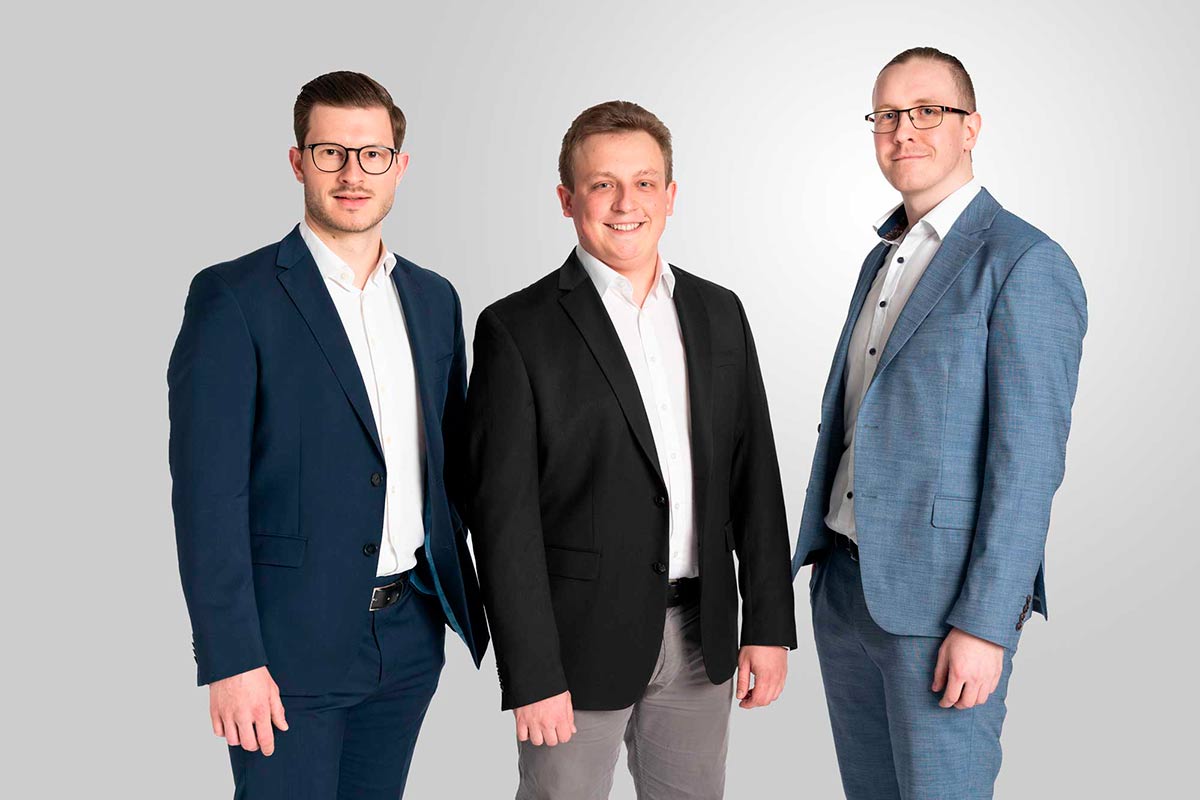

Danube Dynamics specializes in embedded systems and AI solutions for industrial applications. The company makes machines and systems autonomous, sustainable and intelligent by enabling computationally intensive applications, such as AI, to run directly on the respective machine or system.
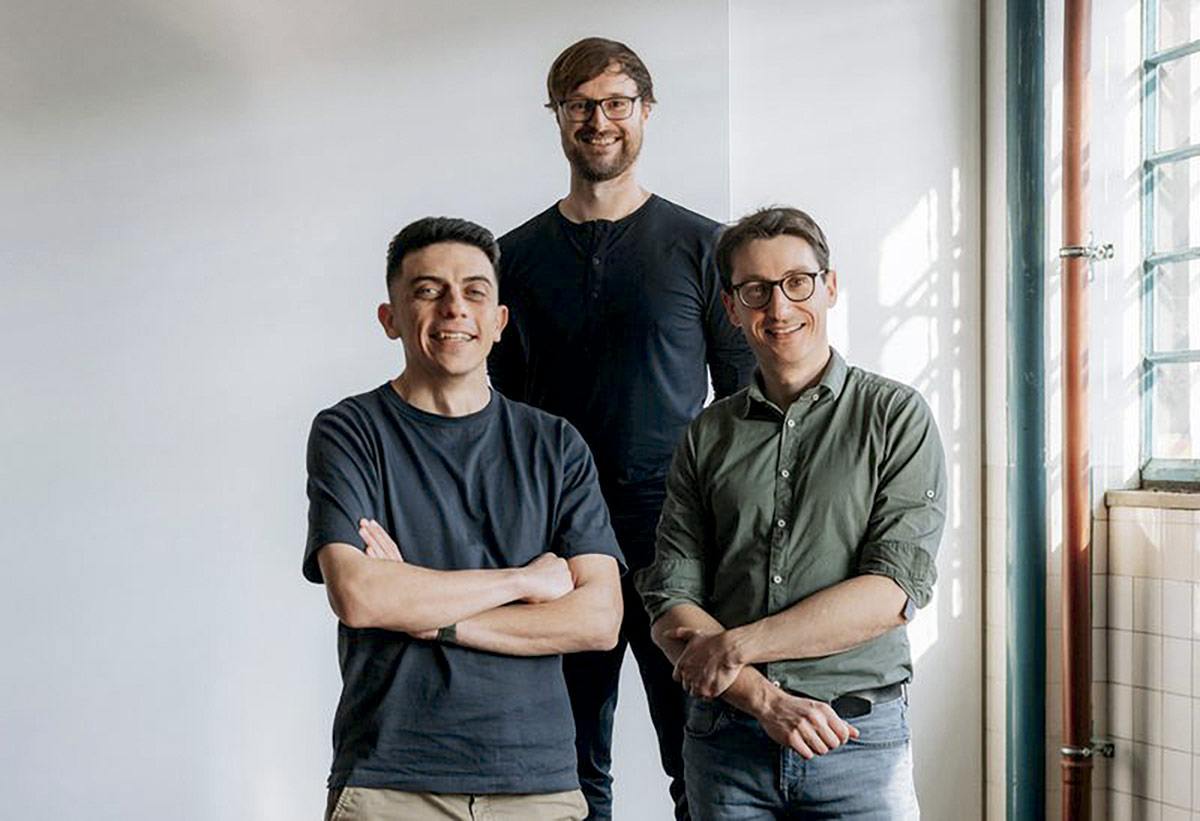

Emmi AI is redefining industrial engineering through AI. The software platform provides real-time, AI-driven physics simulations that help to reduce simulation times and enhance scalability. These efficient simulations help to improve diverse scientific fields from aviation to chemistry.
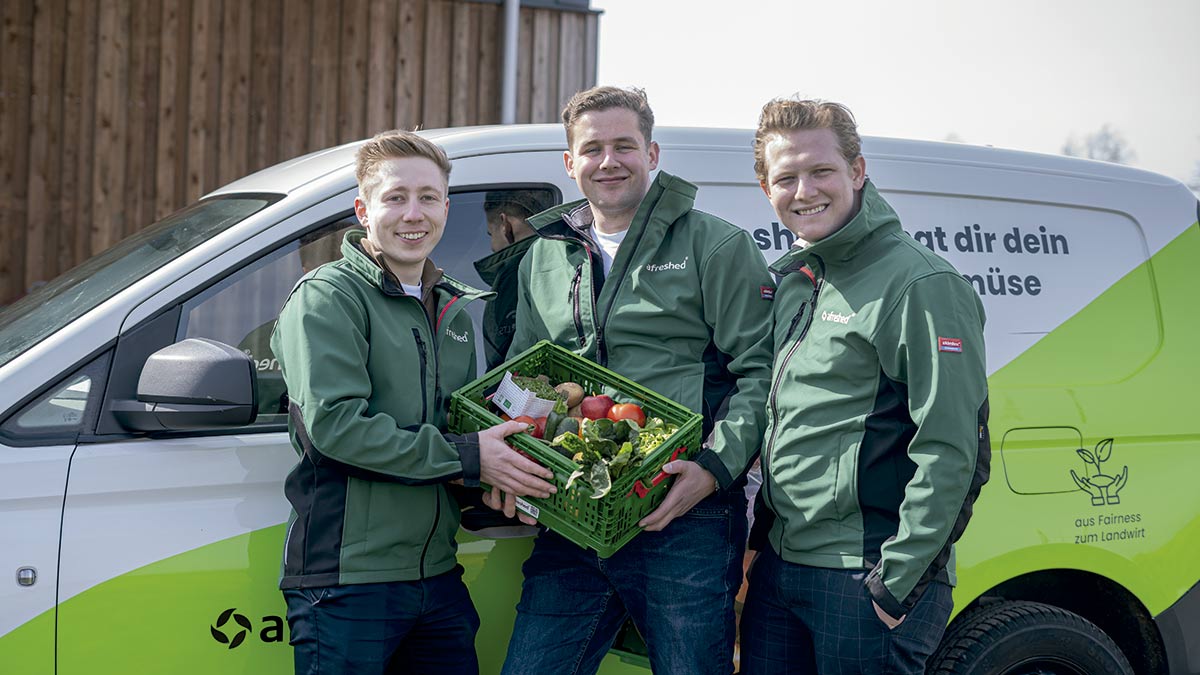

afreshed’s mission is to reduce food waste by connecting surplus food from producers and retailers with consumers. It does this by delivering boxes of “rescued” fruits and vegetables directly from farms in Austria and other European countries to the front door of subscribers’ homes.
.jpg)

datavisyn specializes in interactive data-visualization solutions for pharmaceutical and biomedical research and development. Founded by leading scientists in visual data science, the company aims to bridge the gap between academic research and commercial applications with tools for data analysis and decision-making.
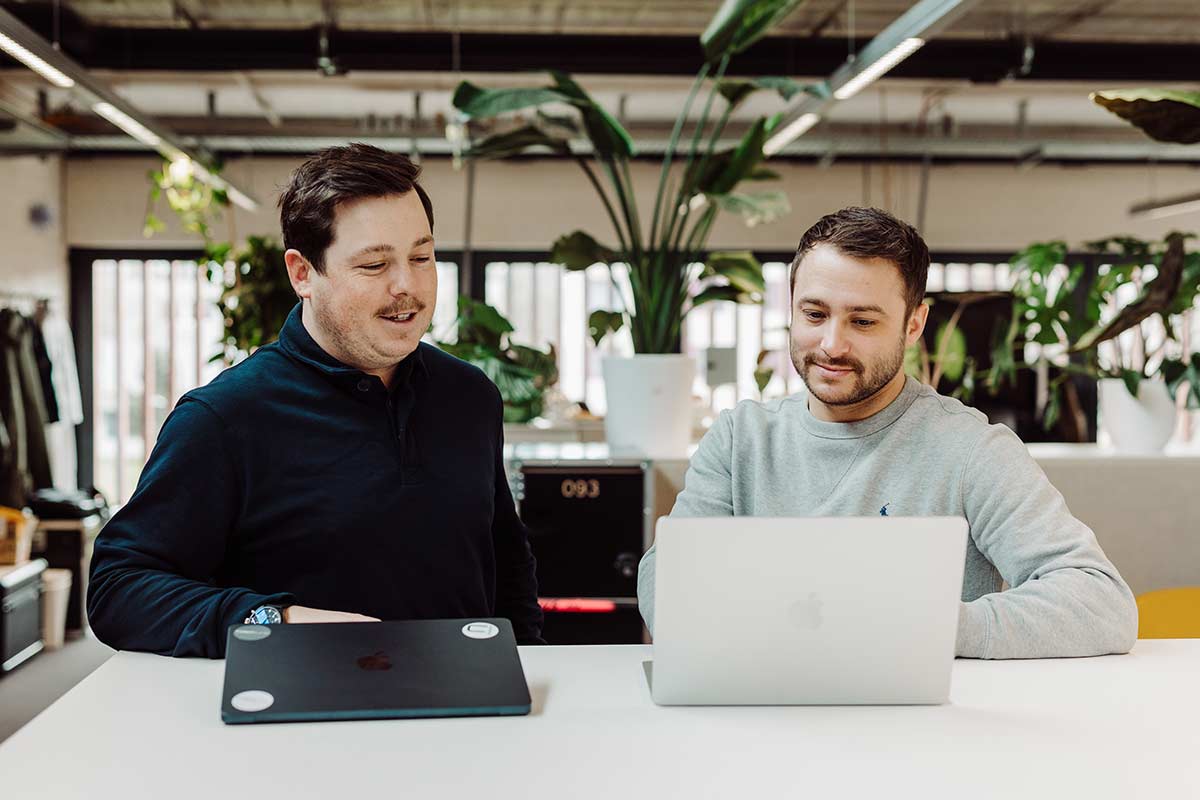

qapture ensures buildings stay future-ready by transforming them into living digital twins. Designed to be a constant companion throughout a property's lifecycle, its dynamic models provide the clarity to manage, renovate and operate with data-driven confidence for generations to come.
Interviews
Programs to know about
Early-stage, German-speaking founders
The Startrampe accelerator, located in the Tabakfabrik coworking space, focuses on sustainability, social entrepreneurship and female empowerment for German-speaking early-career founders. It encourages women in particular to join, and it offers starting capital, training modules, working spaces and guidance.

Early-stage entrepreneurs
WKOÖ is the Chamber of Commerce of Upper Austria, providing practical services such as business licensing, consulting, networking events and other membership programs. It has experts to help companies with internationalization, legal advice and even financing.

All sectors, all stages
hub,ert is the umbrella brand of all major Upper-Austrian NPO-organizations providing support for new companies. Members offer everything from coaching to free counselling and cheap office space. Its logo is a seal of quality for free or subsidized expert support.

Hardware, software, medtech, artificial intelligence and tourism with a special focus on female entrepreneurship and greentech
tech2b, with more than 20 years experience, supports and accelerates innovation projects in Upper Austria. It offers tailored support and special advantages for some sectors; e.g. bonus funding or access to a makerspace or network for female founders.

Funding Opportunities
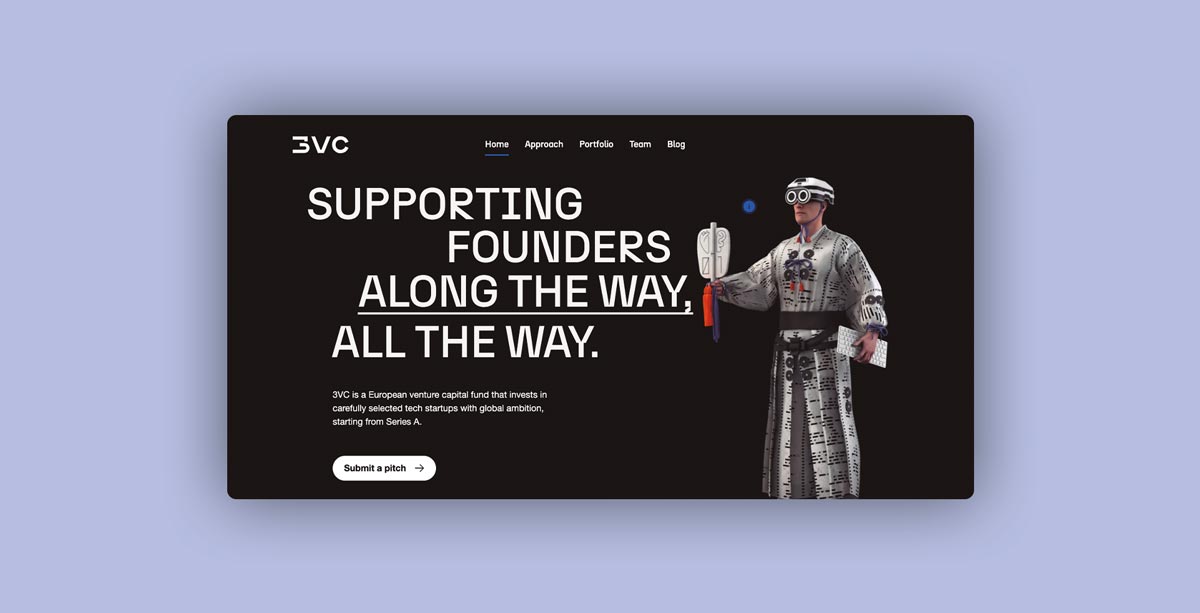

3VC, a European VC fund, invests in startups with global ambition once they have achieved product-market fit, typically at the series A stage. It focuses on quality over quantity and partners with only a handful of exceptional companies per year.
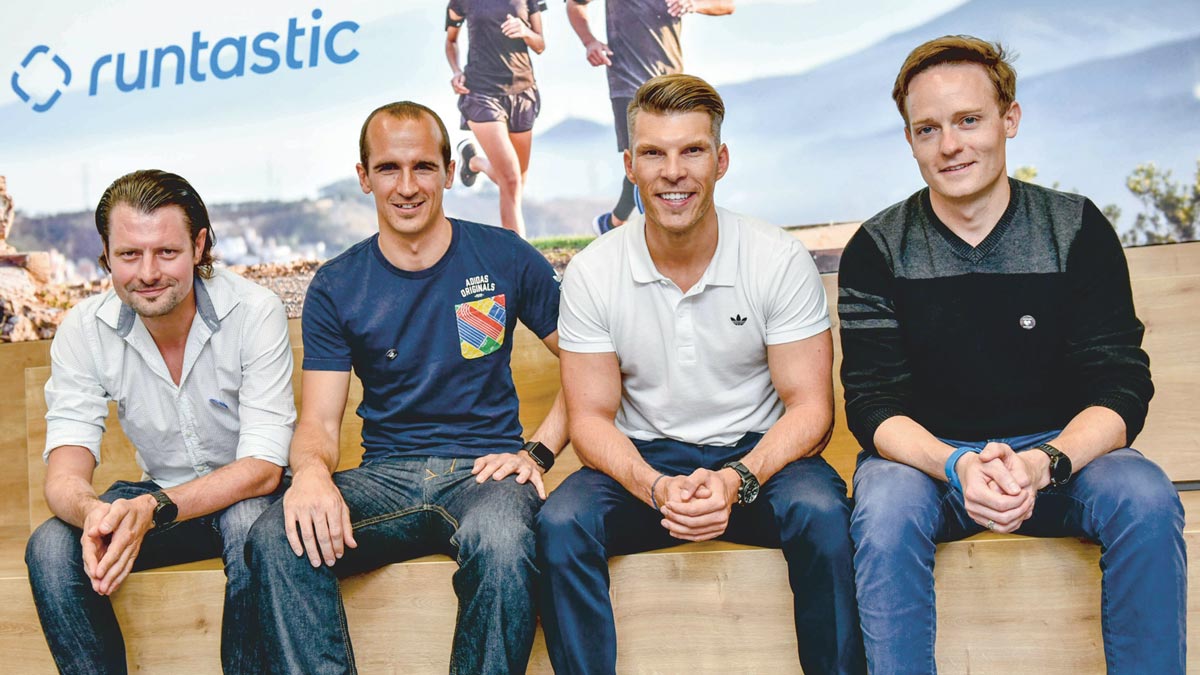

8yes was created by the four cofounders of Runtastic, which later sold to Adidas, as their way to give back to the tech and startup world after their success. The partners believe in teamwork over ideas, and invest in startups throughout Europe.
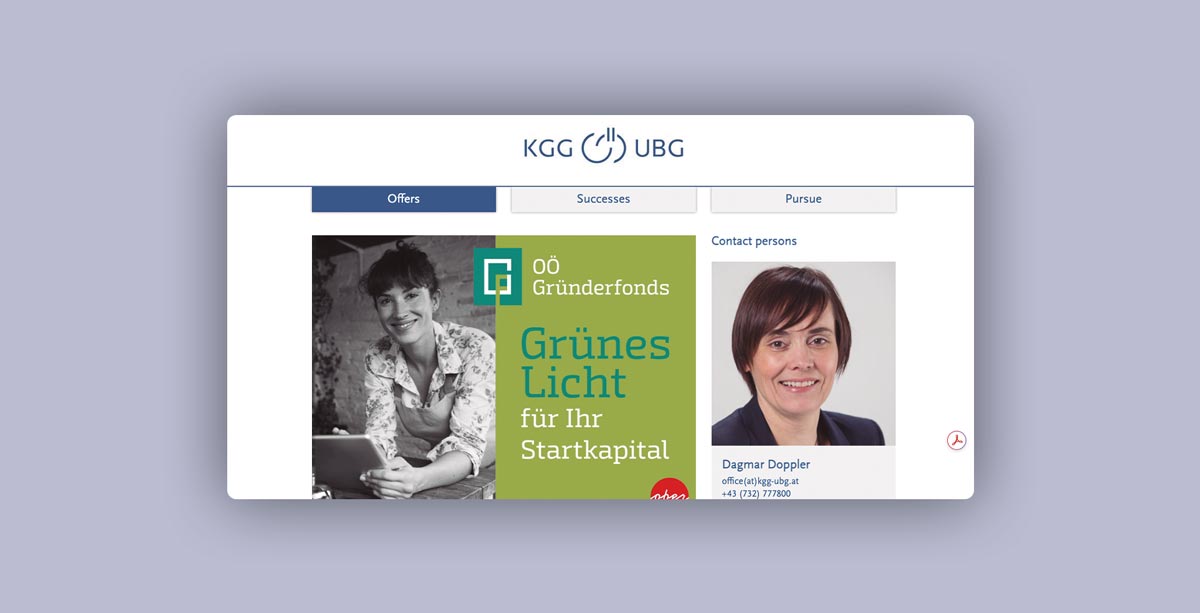

OÖ Gründerfonds focuses on young (six years or less) early-stage startups, investing up to €75,000 (~$84,000) as a silent partner. It supports companies in hightech, deeptech and medical innovation, and has boosted a local restaurant and a golf course.
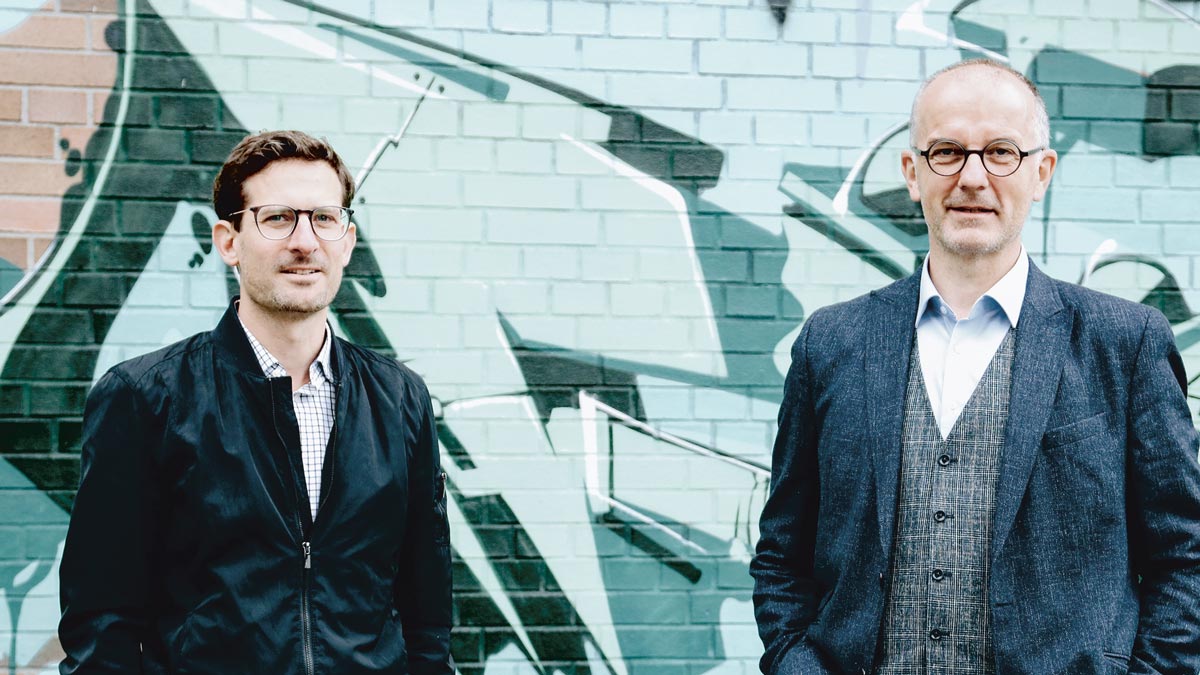

OÖ HightechFonds , a venture capital fund in the upper Austria area, focuses on regional, technology-focused and scalable startups in the market-entry phase. It supports ambitious young teams for growth and internationalization.
Urban Impact Solutions
With an endowment of €1 million ($1.1 million) annually, the City of Linz Climate Fund supports projects focused on climate change adaptation and mitigation and innovative and sustainable development. Every year, individuals, companies and startups working on projects related to the UN’s Sustainable Development Goals can apply for funding between €5,000 ($5,600) and €100,000 ($111,000), depending on the scale of the project. Past projects include wind climatology analysis and measuring stations, tree planting, and urban design initiatives aimed at promoting tree growth, thus cooling the city and increasing its climate resilience.

The H2 convention, an event focused on the ramp-up of a sustainable hydrogen economy, consists of an information day with exhibitions and presentations for the public, and a two-day private conference among invited researchers, government officials, regional leaders and energy-industry experts. The conference explores the role of green hydrogen in the clean-energy revolution, from best practices and challenges along the entire value chain to business opportunities arising in climate-neutral industry. In 2024, the event attracted more than 600 visitors and 400 experts.

The re_use Linz initiative is essential to the city’s goal of transitioning to a circular economy and becoming a climate-neutral industrial city by 2040. Achieving this depends on the cooperation of sectors such as construction, real estate and waste management. The initiative brings together all the relevant stakeholders (e.g., construction companies and private developers to municipal companies, NGOs and research institutes) from the greater Linz area to participate in the development of a circular economy. They work together on three main areas – data collection and analysis, planning and financing, and dismantling and urban mining – and exchange information with other regions working on a similar clean future.



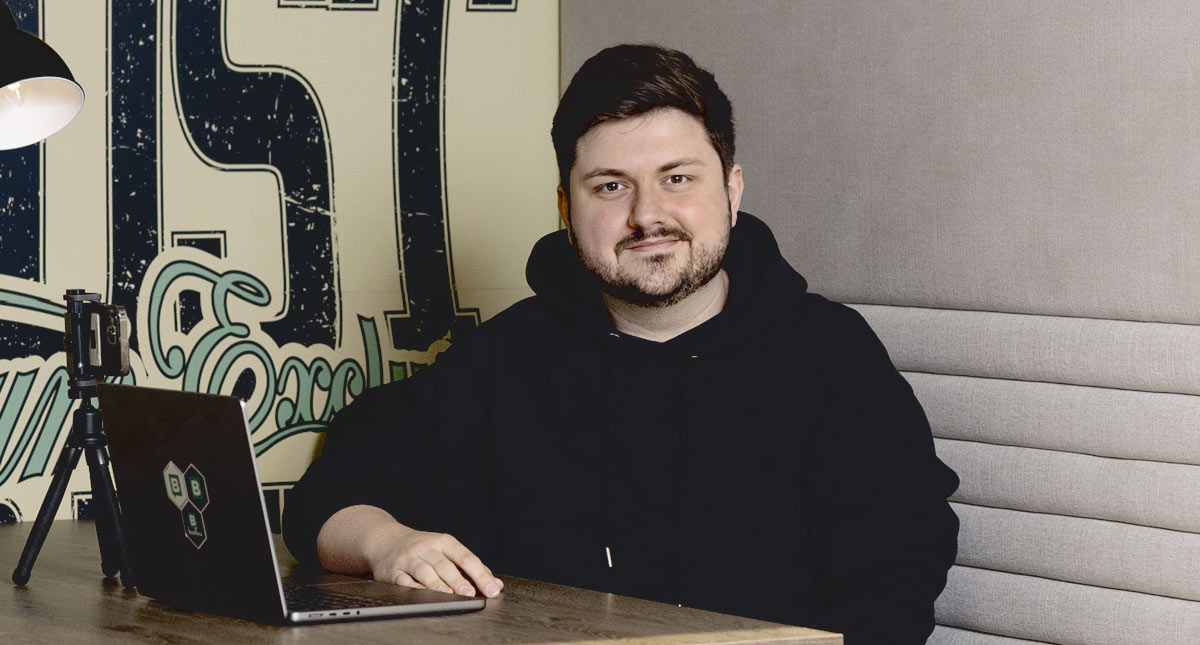
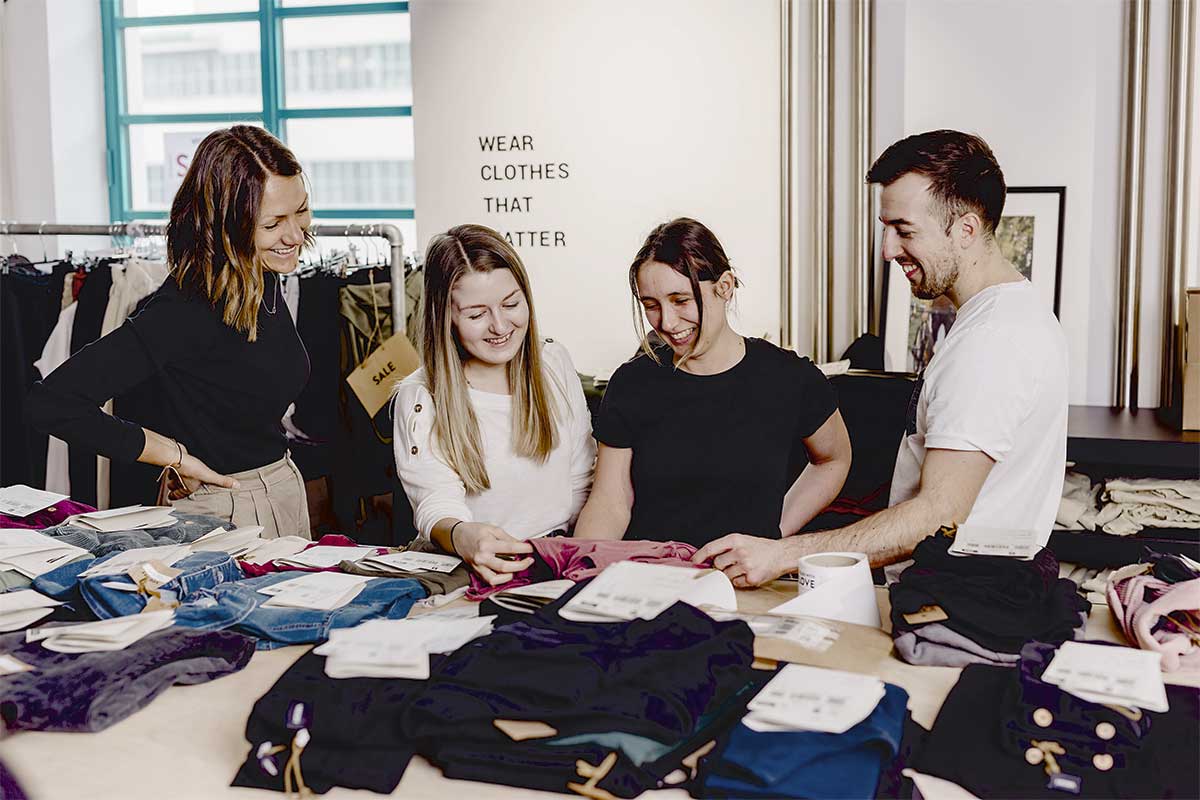
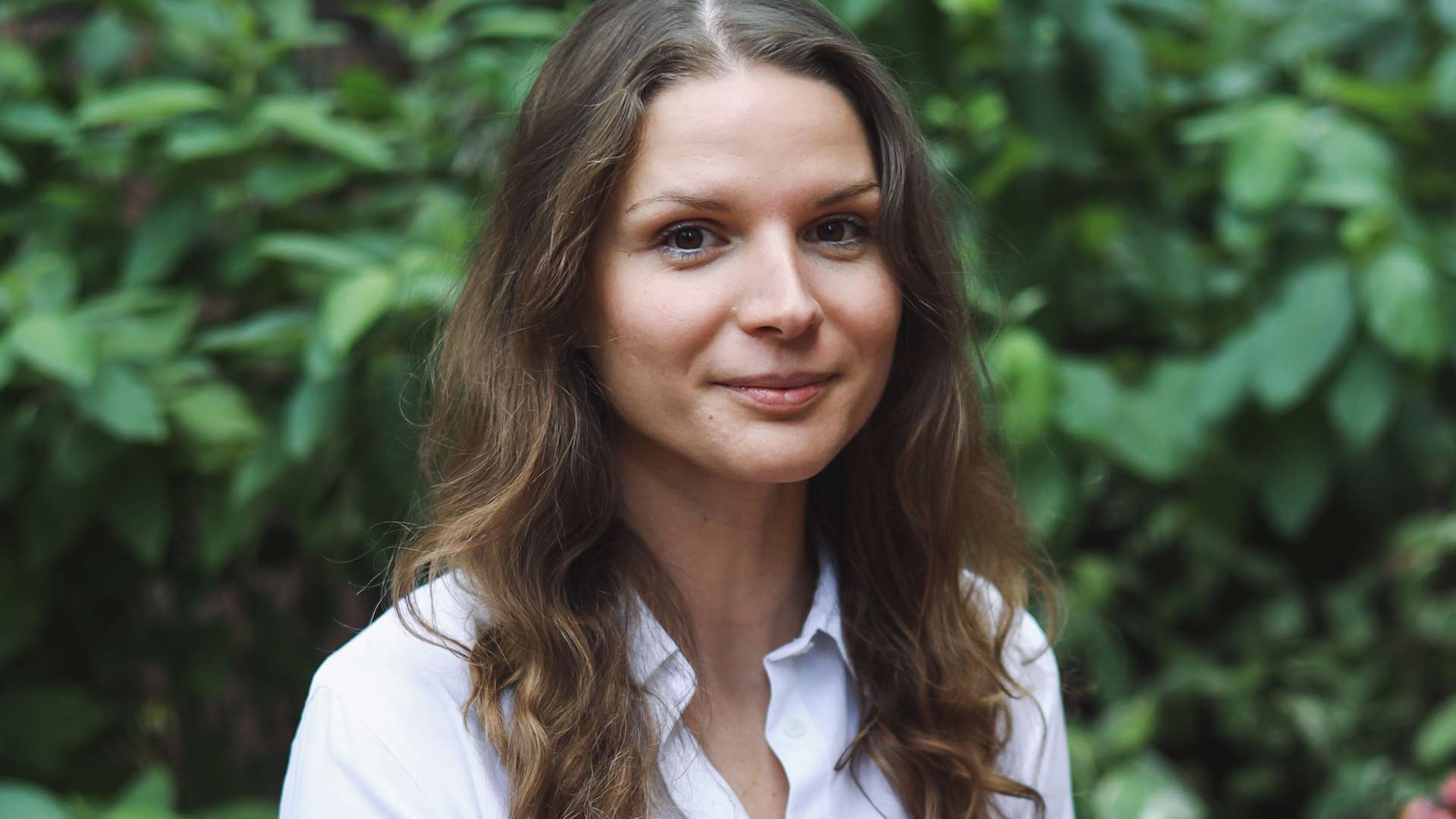
NXAI_s.jpg)